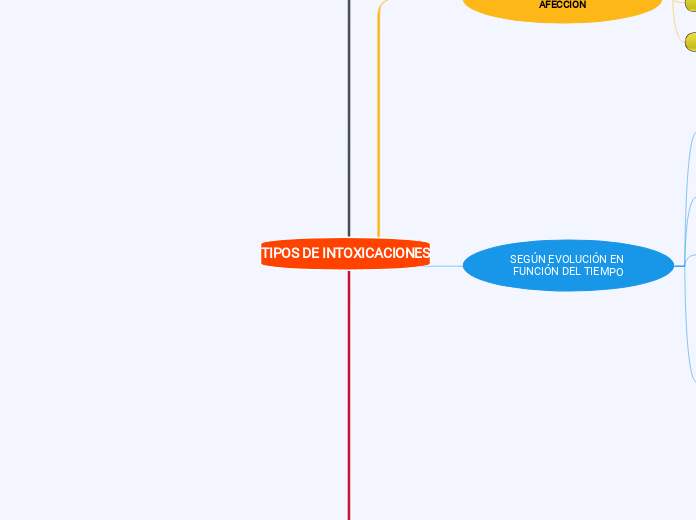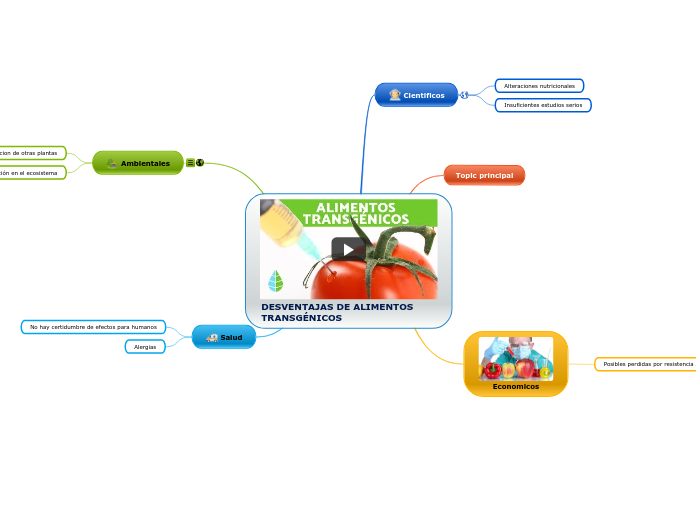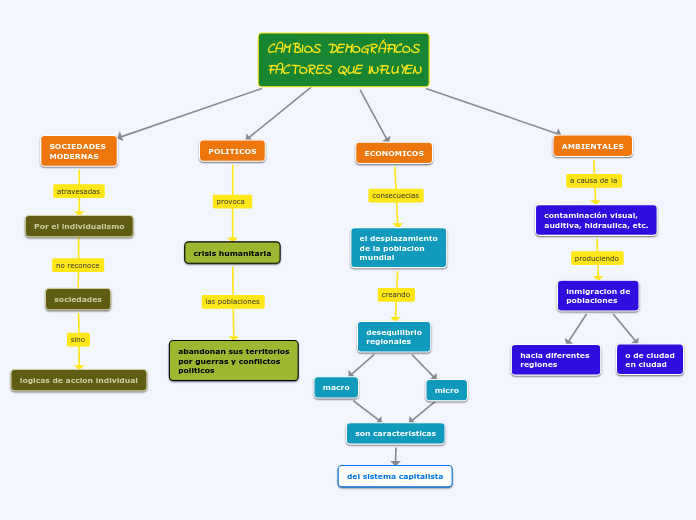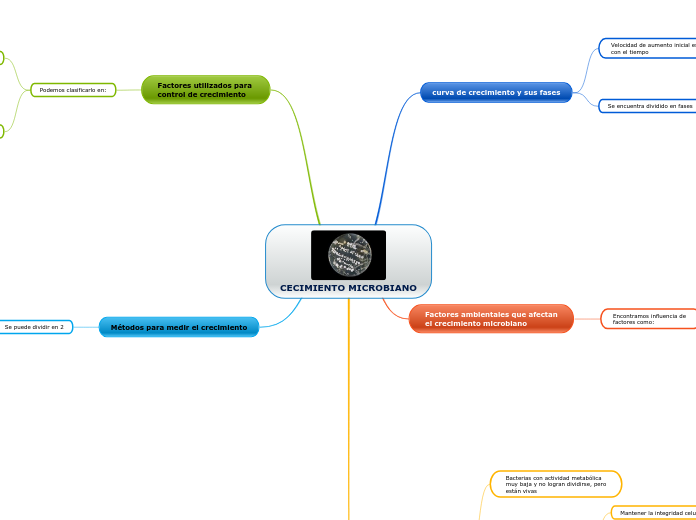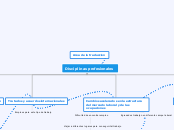GARCÍA. E. Toxicología clínica. [Internet].Pp. 668-678. Estraído el 11/07/2020. Disponible en:https://www.sefh.es/bibliotecavirtual/fhtomo1/cap213.pdf
TIPOS DE INTOXICACIONES
The Solar System is the gravitationally bound system of the Sun and the objects that orbit it, either directly or indirectly. Of the objects that orbit the Sun directly, the largest are the eight planets, with the remainder being smaller objects, the dwarf planets, and small Solar System bodies.
SEGÚN SU ETIOLOGÍA
Mars is a cold, desert-like place covered in dust. This dust is made of iron oxides, giving the planet its iconic red hue.
Mars shares similarities with Earth: It is rocky, has mountains, valleys and canyons, and storm systems ranging from localized tornado-like dust devils to planet-engulfing dust storms.
Voluntarias
A planet's day is the time it takes the planet to rotate or spin once on its axis.
Write down Mars's day measured in Earth days.
Toxicofilias
DROGODEPENDECIAS
EJEMPLO: intoxicación por cocaína, por opiáceos.
Dopaje
El uso de sustancias perjudiciales por parte de los deportistas, con el deseo de aumentar su rendimiento puede llegar a ocasionar daños severos
EJEMPLO: La eritropoyetina, las anfetaminas, los esteroides o la testosterona.
Homicidios
Accidentales
Domésticas, Infantiles
EJEMPLO: Tanto en el niño como en el adulto de forma accidental por ingestión, contacto o inhalación
De posibles tóxicos se incluyen
los medicamentos, los detergentes, lejías, productos para la limpieza.
Alimentarias
Ejemplo: Intoxicación paralizante por mariscos (PSP), intoxicación diarreica por mariscos (DSP)
Medicamentosas
EJEMPLO: por error en dosis de adulto a ñino.
Profesionales
EJEMPLO: Mineros
Uso de elementos químicos o fisicos propios del ofico
Ambientales
AGUA
EJEMPLO: ingestión de polvo, agua o alimentos contaminados (por ejemplo, agua canalizada a través de tuberías de plomo
AIRE
EJEMPLOS: Óxidos de Azufre, óxido nítrico
SEGÚN EVOLUCIÓN EN FUNCIÓN DEL TIEMPO
Earth is a water world, with two-thirds of the planet covered by oceans.
It's the only world known to harbor life.
Earth's atmosphere is rich in nitrogen and oxygen.
Its name originates from 'Die Erde,' the German word for 'the ground.'
Earth may once have had two moons, nowadays it has just one.
Crónica
EJEMPLOS
Trabajadores expuestos a pinturas
Mal uso de plaguicidas, productos industriales
Mal uso de medicamentos
Absorción en cantidades insuficientes, al acumulación dentro del organismo, lleva a estados patológicos.
Exposición repetida de un tóxico
Subcrónica
How long does it take for Earth to go around the sun?
Clínicamente suele ser menos grave que la intoxicación aguda.
Exposición repetida a un agente, periodo de tiempo inferior al 10% de la vida media de la especie.
Retardada
A planet's day is the time it takes the planet to rotate or spin once on its axis.
Write down the Earth's day in hours.
Intoxicación aguda en la que la sintomatología no se manifiesta hasta varios días o semanas.
Aguda
Ejemplo: Ingesta de alimentos en mal estado
Efectos son inmediatos (primeras 24 h)
Exposición o consumo de grandes dosis de tóxico
SEGÚN GRADO DE AFECCIÓN
Venus is Earth's twin in size and has no moons.
Its surface has various mountains and volcanoes. Because of its thick, toxic atmosphere that's made of sulfuric acid clouds, Venus is an extreme example of the greenhouse effect. The average temperature on Venus' surface is 900 F (465 C).
Venus spins slowly from east to west, the opposite direction to most of the other planets.
The Greeks believed Venus was two different objects — one in the morning sky and another in the evening. Because it is often brighter than any other object in the sky, Venus has generated many UFO reports.
Severa o grave
How long does it take for Venus to go around the sun?
Sintomatología severa o de riesgo vital.
Ejemplos: Quemaduras de 2° y 3er grado más extensas
Moderada
A planet's day is the time it takes the planet to rotate or spin once on its axis.
Write down Venus's day measured in Earth days.
Sintomatología marcada o persistente.
Ejemplo: Quemaduras 1er grado en zonas críticas; quemaduras de 2° y 3er grado en áreas limitada
Leve
Sintomatología leve, transitoria, de resolución espontánea.
Ejemplo: Irritación, quemaduras de primer grado, ulceraciones mínimas en la boca
SEGÚN ENTRADA
Mercury is the smallest, only a little bit larger than Earth's moon. Mercury has no moon.
It experiences dramatic changes in its day and night temperatures: Day temperatures can reach a scorching 840 F (450 C), which is hot enough to melt lead. Meanwhile, on the night side, temperatures drop to minus 290 F (minus 180 C).
It also has a very thin atmosphere of oxygen, sodium, hydrogen, helium, and potassium and can't break-up incoming meteors, so its surface is pockmarked with craters, just like the moon.
A través de la piel y mucosas
How long does it take for Mercury to go around the sun?
Por ejemplo: Mordedura de animales (escorpión, serpiente). Picadura de insectos. Mal uso de pesticidas
Vía endovenosa
EJemplo: inyección intravenosa de medicamentos (sobredosis, reacción alérgica o medicamentos caducados)
Es la más peligrosa, dada su rapidez de acción.
Vía inhalatoria
A planet's day is the time it takes the planet to rotate or spin once on its axis.
Write down Mercury's day measured in Earth days.
Por ejemplo: Monóxido de carbono, Aerosoles
CO: Combustión incompleta de materiales que contienen carbono (braseros, estufas, calentadores, gas butano) o de incendios.
A través de la vía respiratoria. Esta vía es la principal en las intoxicaciones por gases.
Vía digestiva
Our Solar System has eight “official” planets which orbit the Sun.
Each planet is at a different distance from the sun. Name its position.
A través del tracto gastrointestinal.
